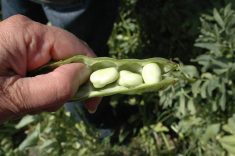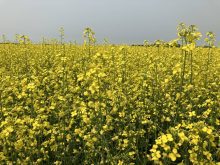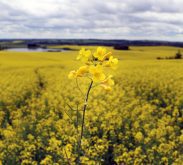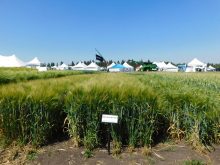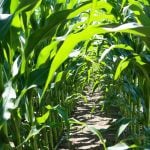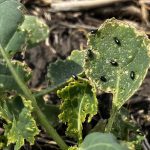AF STAFF |CLEARWATER COUNTY
The results aren’t in yet, but experts think there may be advantages to fall planting of shelterbelts using black plastic mulch.
But Gary Lewis says the experimental method doesn’t alter the basics.
“Whether or not you actually use something like plastic mulch, the preparation is really critical,” said Lewis, environmental extension lead with Clearwater County.
The main testing site is at the 4-Clover Ranch, owned by Kim Nielsen, Clearwater County Agricultural Services Board manager.
Read Also
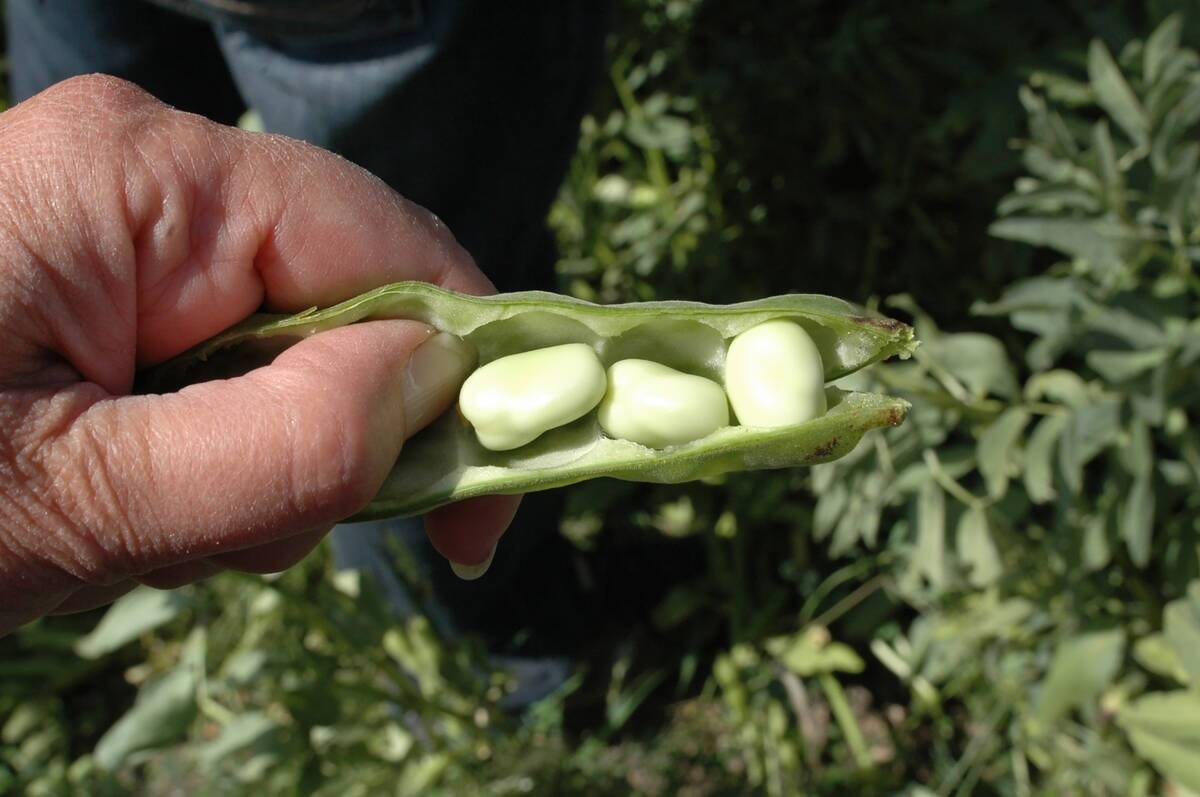
New crop insurer policy enables easier startup for faba beans
Agriculture Financial Services Corporation updated its normals for faba beans, which may open the door for more Canadian producers to feel comfortable growing the pulse crop in the future.
The test site was rototilled before the seedlings were planted, and the mulch put down after.
“When you put the mulch over top, you’re actually pulling in material from the side and laying it down like a long blanket,” said Lewis.
Once the mulch covered the seedlings, the team made slits to pull the seedling back through.
Lewis said that the trees grew well initially, but suffered some winterkill in this spring.
“The willow responds pretty well to the mulch. One comment I’ll make is that you shouldn’t think of mulch as maintenance-free,” he said.
There’s still some weeding to de done, as grass also grows through the openings and competes against the seedlings. Then there’s the problem of deer and even coyotes puncturing the plastic when they walk on it.



